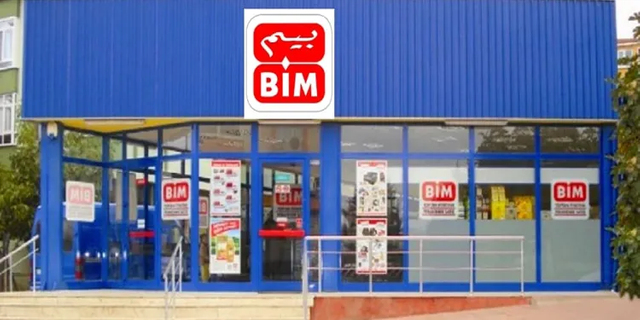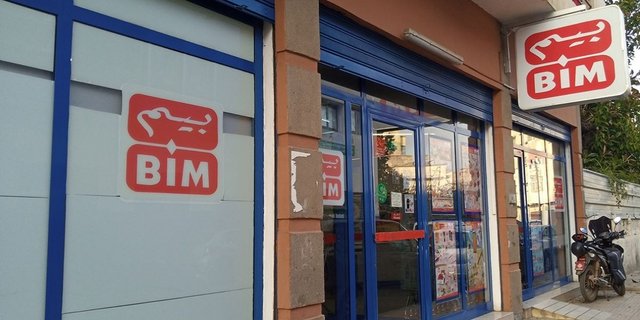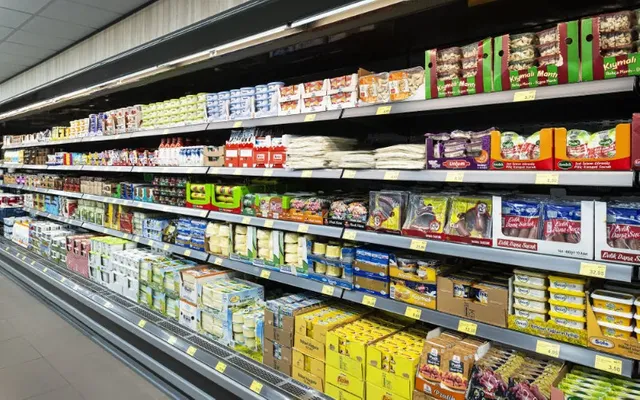Duties of Turkish "BIM" Store Workers in Morocco
Turkish "BIM" stores are among the small shops that have spread widely in Moroccan cities. They offer a variety of products, including groceries, cleaning products, and daily necessities, at competitive prices and with 24-hour service. These stores employ a number of workers, whose duties often vary and overlap, given the nature of work in small retail stores.
- Organizing and Stocking Shelves:
One of the primary duties of the worker is to arrange products on shelves in an organized and attractive manner. They check expiration dates and continuously replenish inventory to ensure the availability of the required products.
Reception and Customer Service:
The worker must treat customers courteously and respectfully, offering assistance in searching for products or making suggestions. A warm welcome and a smile are essential factors in attracting and retaining customers.Working on the Cashier:
The worker receives payments, whether in cash or electronically, and is also responsible for recording sales and ensuring that the cash register is complete at the end of the day.
Cleanliness and Organization:
Daily tasks include maintaining the cleanliness of the store, including the floor, refrigerators, and shelves. Boxes and merchandise in the small storage areas within the store must also be arranged.Reporting shortages and orders:
Workers must be alert to inventory shortages and inform the manager or store owner to replenish orders before they run out.Protecting the store and monitoring theft:
Because they work in an open, constantly moving environment, workers must be vigilant for theft or suspicious behavior.
Conclusion:
Workers in Turkish "BIM" stores perform vital tasks that contribute to providing continuous daily services to residents. Although these jobs require physical and mental effort, they constitute an important source of livelihood for many young Moroccans and play an economic role in supporting local commerce and meeting the needs of working-class neighborhoods.


.jpg)


